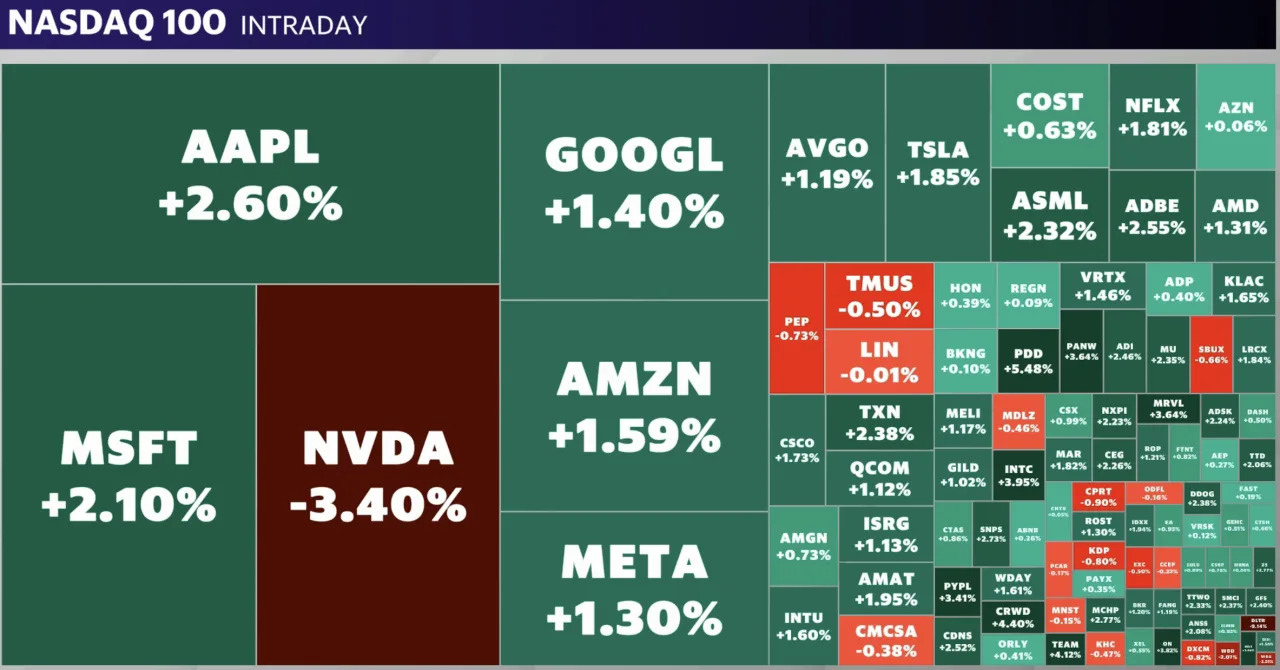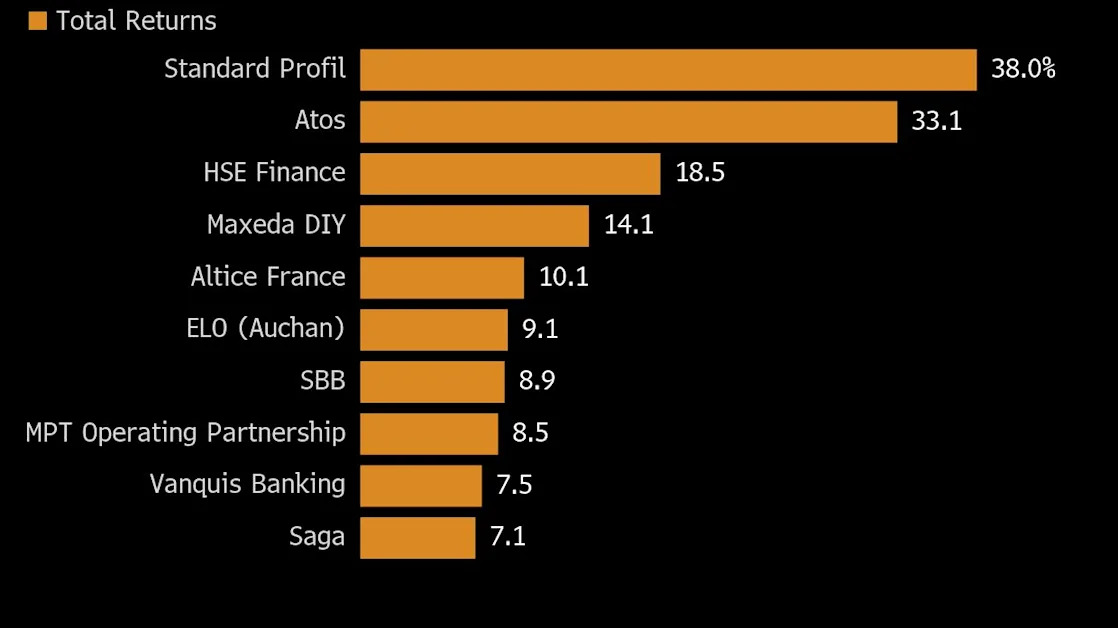(Bloomberg) -- United Airlines Holdings Inc. reassured investors worried about wobbly demand with a vow to make money even during a recession.
The company plans to control costs and keep its planes full, dialing back flying plans as needed to keep profits coming in should President Donald Trump’s trade war trigger an economic downturn. The carrier took the unusual step of issuing two profit forecasts, saying adjusted earnings will be $11.50 to $13.50 a share this year if the current environment remains stable, or as little as $7 a share if the US economy enters a recession.
“That’s a pretty good downside,” said Bloomberg Intelligence analyst George Ferguson, who added that he’s never seen a company give a multi-scenario outlook before. “I expect airlines to bleed red in a recession.”
“It is true that the environment has gotten a lot harder,” United Chief Executive Officer Scott Kirby said Wednesday on the company’s earnings call, adding that the carrier has a “real shot” to achieve its rosier outlook. “No matter what the economic environment is, we are going to bust our asses to get there.”
Wall Street applauded the two-pronged show of confidence, sending United’s shares up more than 5% during the call before the stock turned negative, in line with a broader market slump. American Airlines Group Inc. and Southwest Airlines Co. report first-quarter earnings next week.
United offered a counter to warnings from rival airlines that growth and profits are at risk due to Trump’s tariffs. Delta Air Lines Inc. last week withdrew its 2025 financial guidance due to global trade uncertainty and waning confidence among consumers and businesses that has “flat-lined” revenue growth. The parent of Frontier Airlines also withdrew its full-year profit outlook due to the murky economic environment.
“We like United’s guidance approach given the fluidity of the macro backdrop,” Deutsche Bank analyst Mike Linenberg said in a report.
Trump’s rapid trade policy shifts — slapping tariffs on countries and goods before granting relief soon after — have made it difficult for companies to forecast demand and earnings with any precision. United said the macroeconomic environment this year “is impossible to predict” with any confidence.
“Time will tell how the backdrop plays out, but management has had a knack of pulling a rabbit out of the hat,” Melius Research analyst Conor Cunningham said in a note. “At the very least, there is now a downside scenario in which investors can attempt to get comfortable around.”
United isn’t alone in seeing divergent outcomes. The Bank of Canada on Wednesday published two sets of forecasts, instead of its usual single projection. One outlines a temporary stall in Canadian economic activity, and the second sketches out an outright downturn that lasts a year. Separately, Fed Governor Christopher Waller on Monday laid out two scenarios for how Trump’s trade policy could affect the US economy, including one in which economic growth would slow “to a crawl” should steep US tariffs remain in place for some time.
Deep government job cuts and changing border policies by the Trump administration have already cut into bookings for domestic trips. United said premium cabin sales over the last two weeks were up 17% while international grew 5% year over year. The carrier’s first-quarter adjusted profit of 91 cents a share topped Wall Street’s expectation for 74 cents.
United said it will reduce that flying by four percentage points starting in the third quarter and will continue trimming some flying on low-demand days going into the fourth quarter. The airline said Wednesday it would move up the planned early retirement of 21 airplanes.
The carrier expects an adjusted profit in the current quarter will be $3.25 to $4.25 a share, compared with the $3.97 average of analyst estimates compiled by Bloomberg. Delta has also said it expects to post a second-quarter profit.
--With assistance from Christopher Condon.
(Retops with executive commentary, analyst reaction from the first paragraph.)





